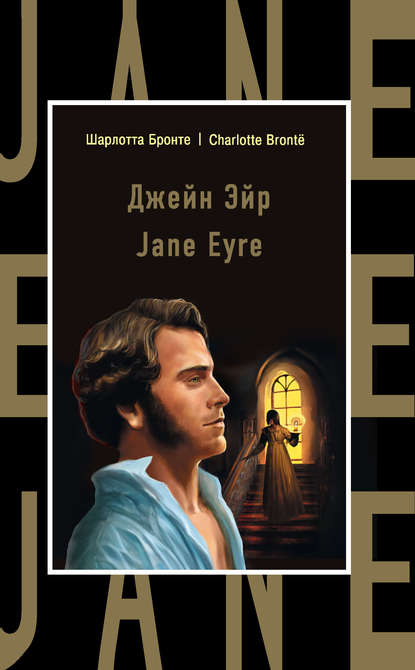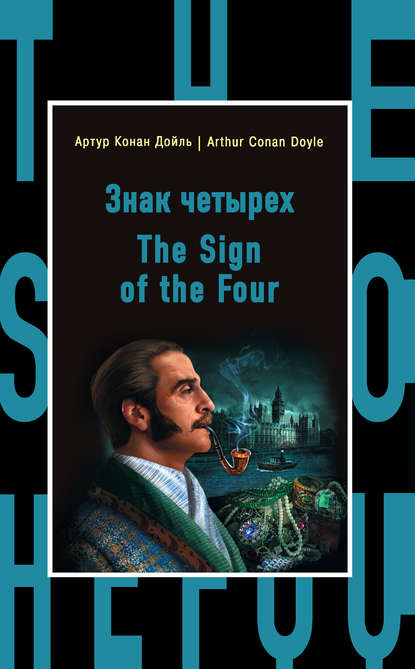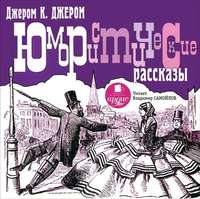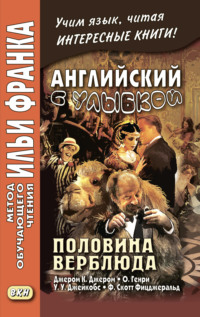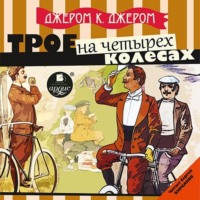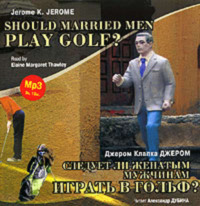Трое в лодке, не считая собаки / Three Men in a Boat (to Say Nothing of the Dog)
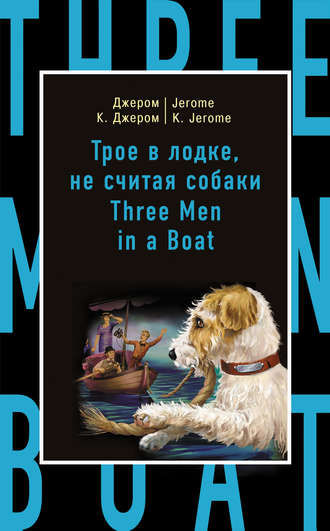
Полная версия
Трое в лодке, не считая собаки / Three Men in a Boat (to Say Nothing of the Dog)
Жанр: зарубежная классикаизучение языкованглийский языклексический материалтекстовый материаланглийская литератураанглийская классикаIntermediate levelUpper-Intermediate levelзнания и навыки
Язык: Английский
Год издания: 2015
Добавлена:
Серия «Бестселлер на все времена»
Настройки чтения
Размер шрифта
Высота строк
Поля
Конец ознакомительного фрагмента
Купить и скачать всю книгу

